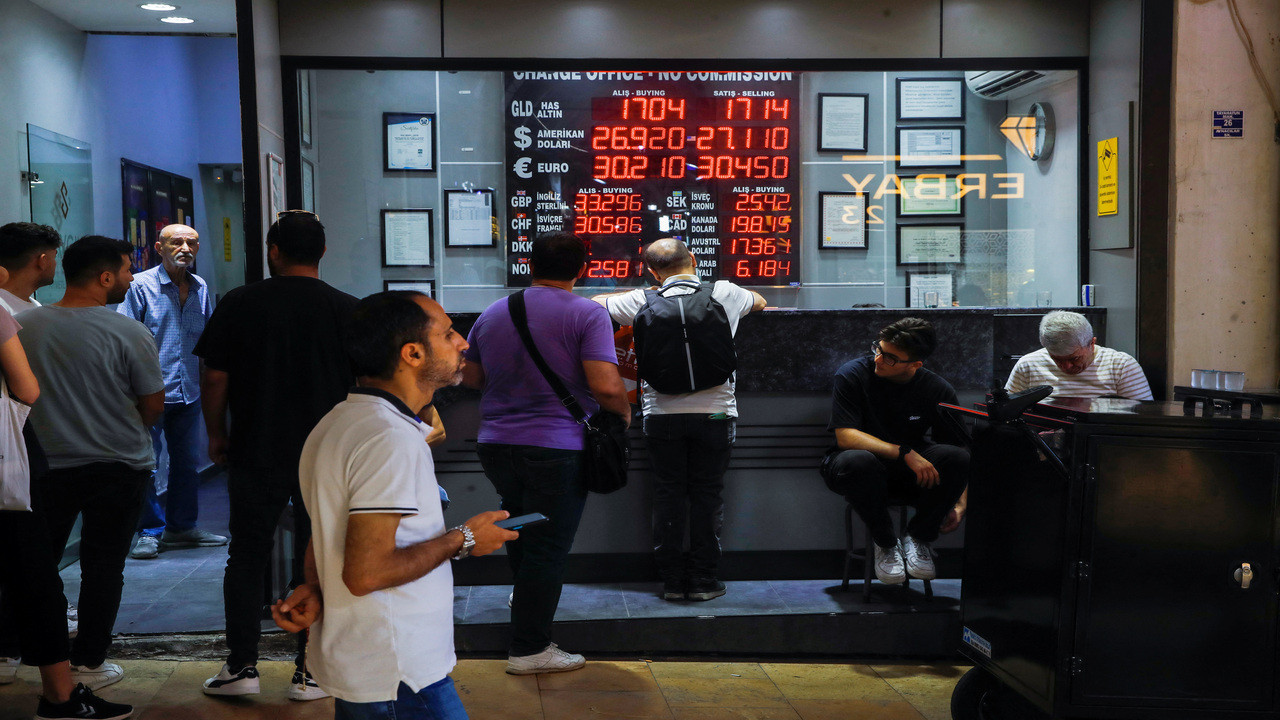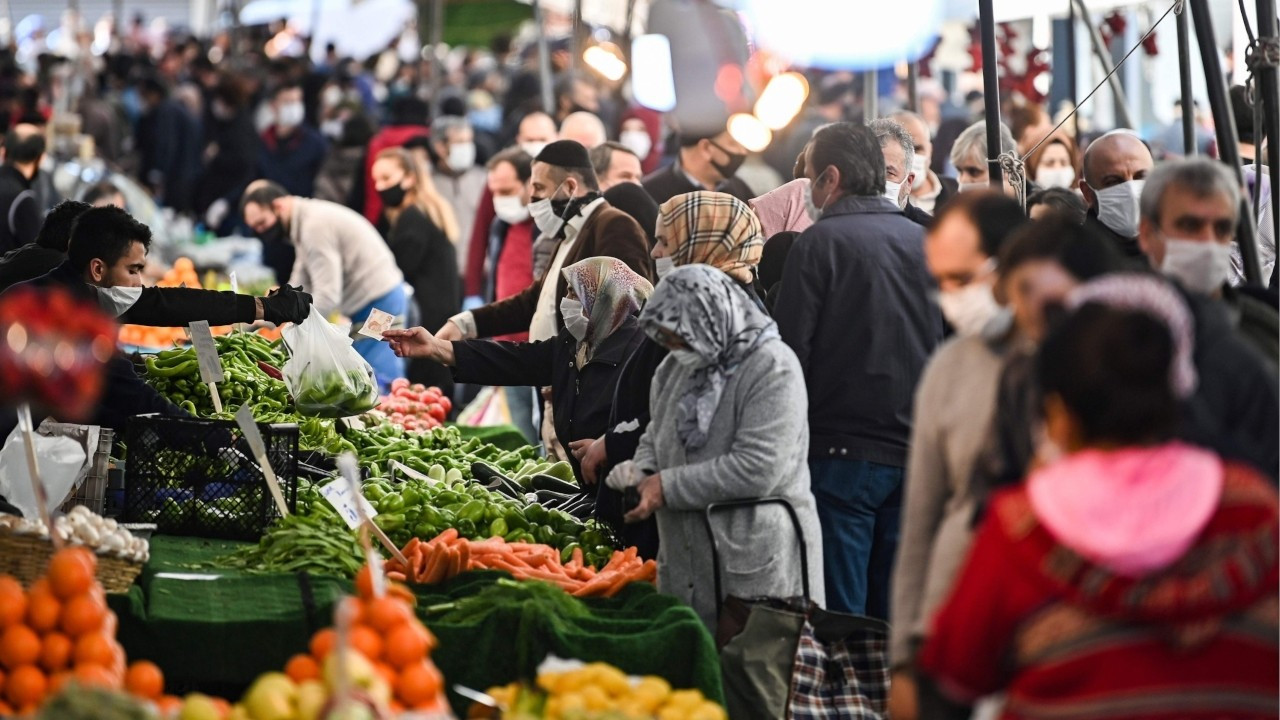Turkish ‘Who Wants to Be a Millionaire’ top winner pays 20 pct of prize to tax
The contestant who correctly answered the question worth of one million Turkish Liras ($37,200) on the Turkish franchise of "Who Wants to be a Millionaire" will pay a 20 percent tax on her prize.
Duvar English
In the Turkish adaptation of the television quiz show "Who Wants to Be a Millionaire," 24-year-old participant Rabia Birsen Göğercin, who correctly answered the question worth of million Turkish Liras ($37,200), will be required to remit 196,323 liras from her total prize amount as tax.
“The contestant who answers the question of one million liras correctly will receive net [1.000.000 - ((1.000.000.000 - 23.387 exemption) x 20% inheritance tax deduction) =] 804.677 liras. Therefore, the name of the competition could be 'Who wants to be a millionaire including taxes,’" said tax specialist Ozan Bingöl.
Bugünkü yarışmada 1 milyon liralık soruya doğru cevap veren yarışmacının eline net [1.000.000 - ((1.000.000₺ - 23.387₺ istisna) x %20 İntikal Vergisi Kesintisi) =] 804.677₺ geçecektir.
— Ozan Bingöl (@ozanbingoll) September 10, 2023
Bu nedenle yarışmanın adı da “Kim vergiler dahil milyoner olmak ister?” olabilir. 😊
In 2011, when the program was launched with the new prize format, the grand prize was approximately $565,000. With the high depreciation of the lira especially in recent years, the grand prize has shrunk about 15 times and now stands at $37,200.
The contestants are expected to receive the money at a later date in accordance with their agreements with the producers. This means that the prize money will be further reduced due to raging inflation.
By answering increasingly difficult multiple-choice general knowledge questions, participants are entitled to see other questions of higher value. The final question is worth the top prize.
Contestant Göğercin answered the question, "Which of these four letters is less common than the other three in the names of 81 provinces in Turkey?" correctly by choosing “V” from the options "Ş, V, G and H.”

 Turkish lira reaches all-time low prior to interest rate announcementEconomy
Turkish lira reaches all-time low prior to interest rate announcementEconomy Turkey unveils medium-term economic program, increasing inflation forecastsEconomy
Turkey unveils medium-term economic program, increasing inflation forecastsEconomy In an unusual move, gov't-run TÜİK reports monthly inflation figure higher than independent academic group ENAGEconomy
In an unusual move, gov't-run TÜİK reports monthly inflation figure higher than independent academic group ENAGEconomy